Parasite Prevention for Dogs: 2025 Vet-Approved Guide
Parasites are one of the biggest hidden threats to your dog’s health. Many pet owners don’t realize their pets are suffering until symptoms become serious. Itchy skin, sudden weight loss, or even organ damage can all trace back to parasite infections. The good news is that with proper parasite prevention for dogs—including regular checks, treatments, and home hygiene—you can easily protect your furry friend and give them a healthier, more comfortable life.
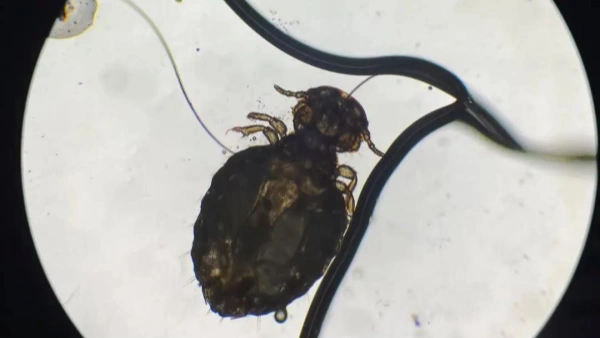
Common Types of Parasites in Dogs
External Parasites
Fleas — Small, fast-moving insects that feed on blood and cause itching, skin allergies, and hair loss.
Ticks — Attach to the dog’s skin, often around the ears and neck, and can spread diseases like Lyme disease.
Mites — Responsible for mange and ear infections, often causing redness, scabs, and constant scratching.
To prevent these pests, use parasite control for dogs products such as tick collars, flea sprays, or spot-on treatments, especially during warmer months.
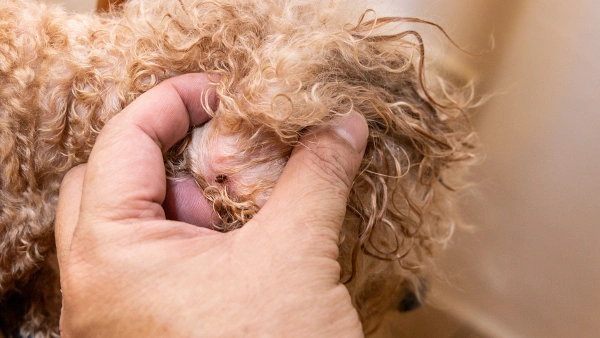
Internal Parasites
Roundworms — Cause bloating, vomiting, and can sometimes be seen in feces.
Hookworms — Feed on blood, leading to anemia and fatigue.
Tapeworms — Spread through fleas; visible white segments may appear in stool.
Heartworms — Transmitted by mosquitoes, they attack the lungs and heart, posing serious danger if untreated.
Heartworm prevention is a key part of parasite prevention. Monthly heartworm medication keeps your dog safe year-round.
Symptoms of Parasite Infections
Persistent scratching or licking
Hair loss and skin irritation
Vomiting or diarrhea
Coughing, fatigue, or breathing difficulty
Visible worms in feces or around the anus
If any of these signs appear, contact your vet immediately for pet parasite treatment and diagnosis.
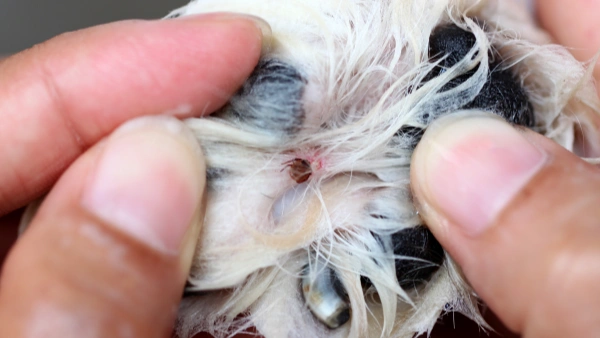
Effective Parasite Prevention for Dogs
External Protection
Use flea and tick collars, sprays, or spot-on treatments regularly.
Shampoo your dog monthly with anti-parasitic products.
Inspect fur, ears, and paws after outdoor walks.
Internal Control
Start deworming at 6 weeks of age for puppies.
Repeat every 3 months for adult dogs.
Give heartworm medication monthly, year-round.
Combining both internal and external parasite control for dogs maximizes your dog’s safety and comfort.
Environmental Hygiene and Prevention
Home Maintenance
Wash bedding, toys, and blankets weekly.
Vacuum carpets and furniture regularly.
Use pet-safe disinfectants and flea sprays indoors.
Outdoor Precautions
Avoid tall grass, wooded areas, and stagnant water.
Always check your dog’s coat after outdoor activity.
Natural Prevention Options
Home Remedies
Coconut oil: Helps moisturize the skin and deter fleas.
Apple cider vinegar: When diluted, acts as a mild flea repellent.
Essential oils: Lavender or lemongrass oils can repel insects but must be used in low concentrations.
Safety Tips
Natural methods are supplementary, not replacements for vet-approved medication.
Do not use strong oils on puppies or pregnant dogs.
Stop immediately if irritation occurs.
Age-Based Parasite Prevention Plan
| Age Group | Main Risks | Prevention Strategy |
|---|---|---|
| Puppies (0–6 months) | Mother-to-pup transmission, exposure to new environments | Deworm every 2 weeks, start vaccinations early |
| Adult Dogs | High exposure outdoors, contact with other animals | Deworm quarterly, apply flea and tick treatments monthly |
| Senior Dogs | Weakened immune system | Use gentle medications, schedule regular vet check-ups |
Everything Our Vets Recommend
Emergency Response for Parasite Infections
Isolate infected pets to prevent spreading.
Clean and disinfect living areas.
Consult a veterinarian for fecal and blood tests.
Follow all prescribed pet parasite treatment courses strictly.
Parasite Prevention for Dogs FAQs
How often should I deworm my dog?
Adult dogs should be dewormed every three months, while puppies require more frequent treatment.
Can I combine internal and external parasite prevention?
Yes, but consult your vet to ensure the medications don’t overlap or cause toxicity.
Do natural remedies really work?
They can help reduce risk but aren’t powerful enough to replace vet-approved prevention methods.
Conclusion
Consistent parasite prevention for dogs protects your pet from discomfort, disease, and long-term health issues. Combining medication, environmental cleaning, and routine vet visits ensures total protection. Whether through parasite prevention or professional pet parasite treatment, a proactive approach is the best way to keep your dog happy and parasite-free.
You May Like:
- Best Flea and Tick Spray for Dogs and Cats (2025 Update)
- 2025’s Best Flea and Tick Shampoo for Dogs – New Formulas
- Avoid These: Flea and Tick Medication for Dogs That Deliver
- Best Flea and Tick Prevention for Dogs: Year-Round Protection
User Comments
Does flea treatment kill ear mites too?
Can dogs take human probiotics?
Can dogs have people probiotics safely?
Related Articles
View all
How to Get Rid of Dog Allergies Naturally: Common Mistakes

Dog Allergic Reaction Eye Swelling: Hidden Mistakes to Avoid

Why Do Bulldogs Scratch? Bulldog Skin Allergies Guide
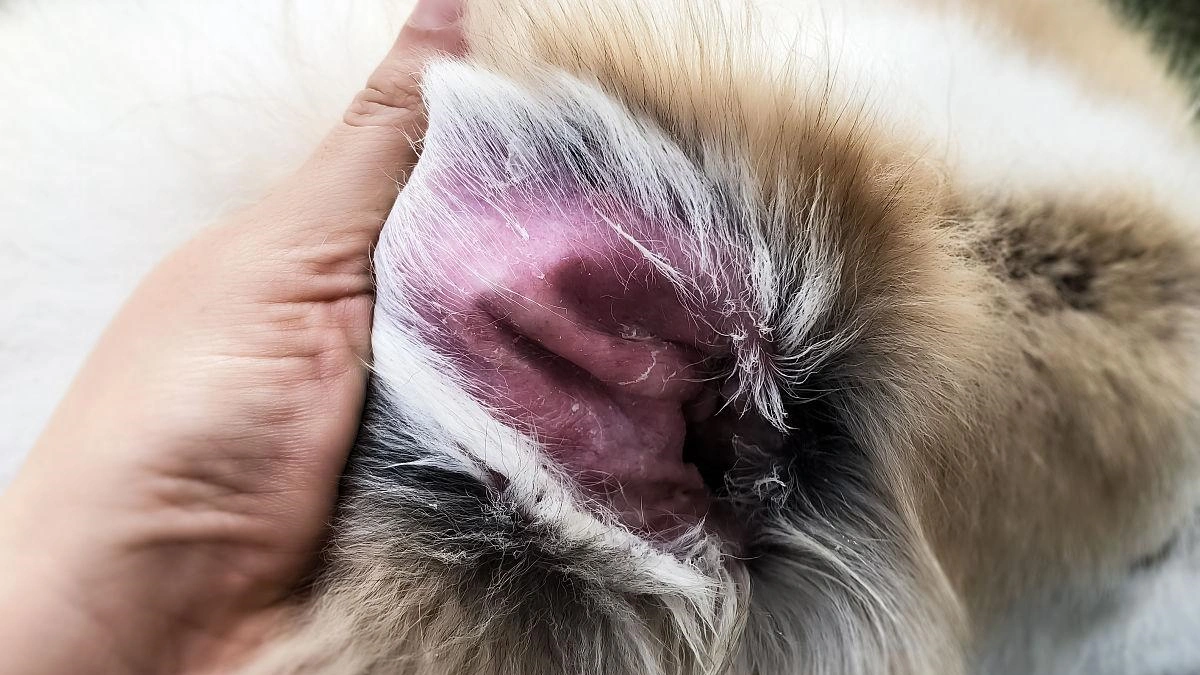
Cure for Dog Skin Allergies Owners Often Miss

How to Get Rid of Dog Allergies Naturally: Common Mistakes

Dog Allergic Reaction Eye Swelling: Hidden Mistakes to Avoid

Why Do Bulldogs Scratch? Bulldog Skin Allergies Guide

Cure for Dog Skin Allergies Owners Often Miss

Vet-Recommended Wet Dog Food for Sensitive Stomachs — 2025 Guide
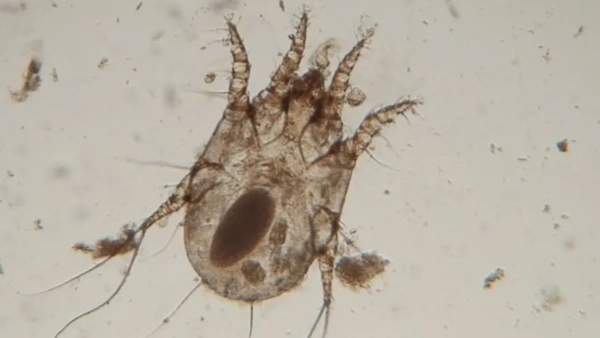
Dog Dust Mite Allergy: Symptoms, Treatment, Prevention

Can Allergies in Dogs Cause Diarrhea and Vomiting? Explained

10 Pitbull Health Problems You Should Know in 2025 — Tips


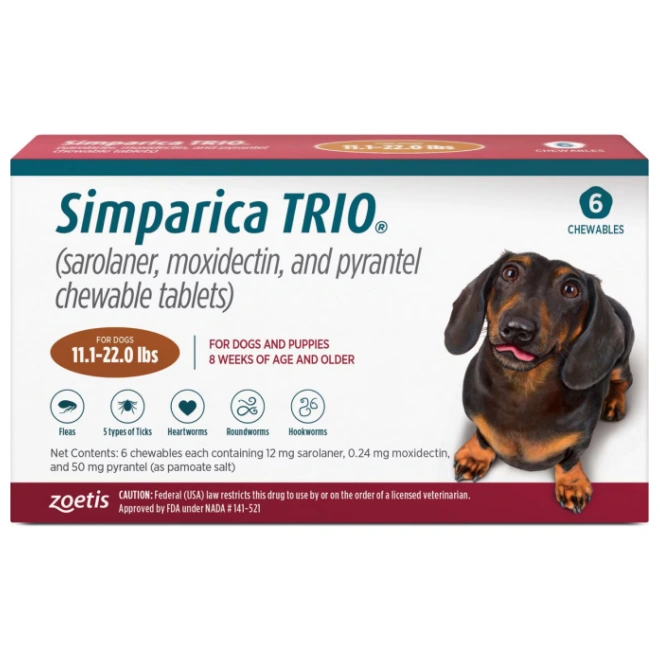
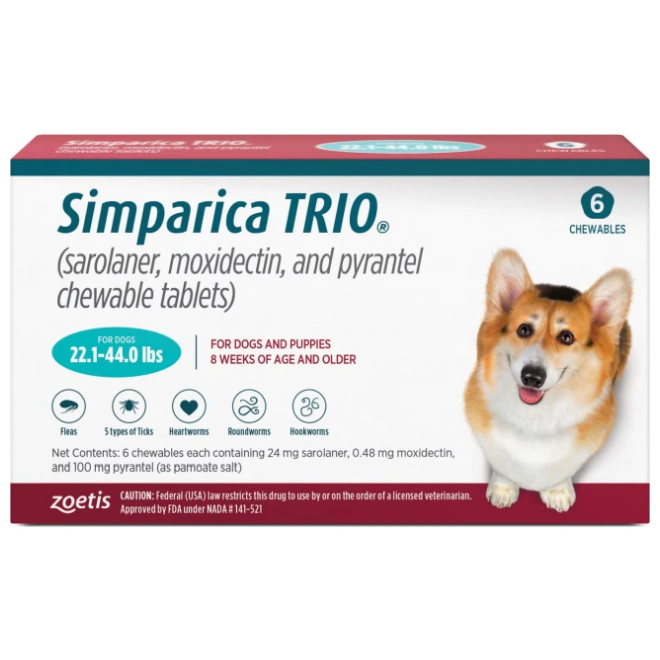
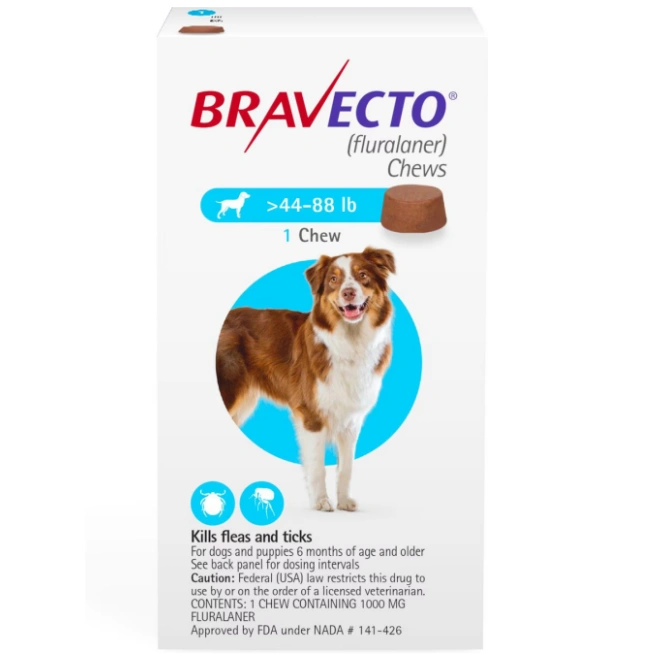
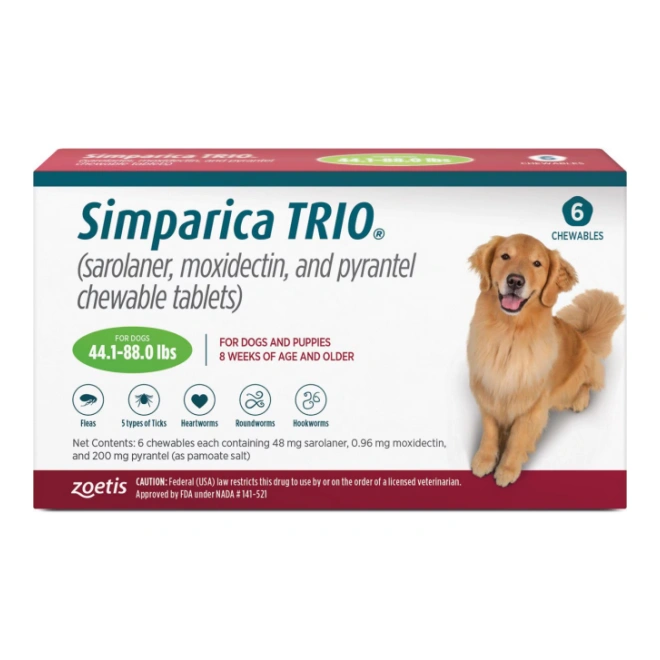








Leave a Reply